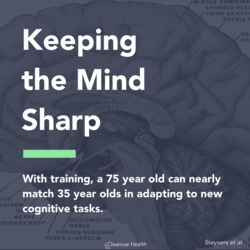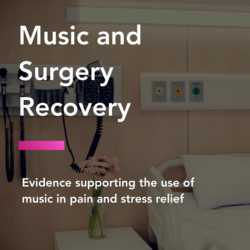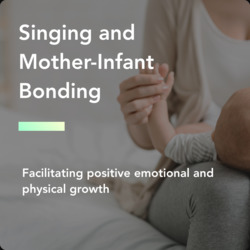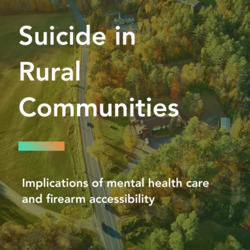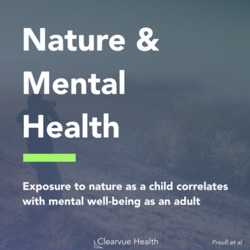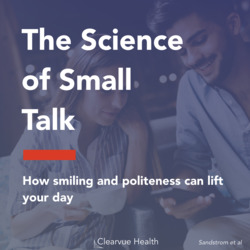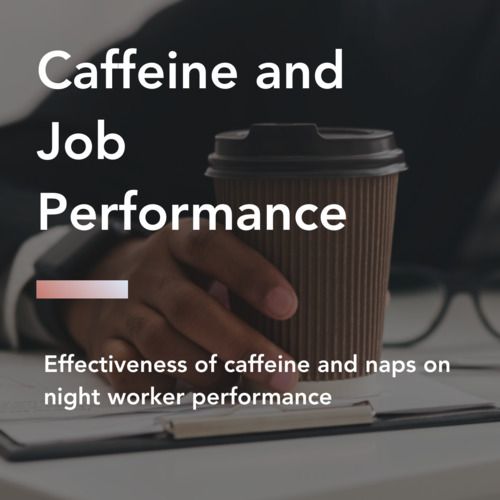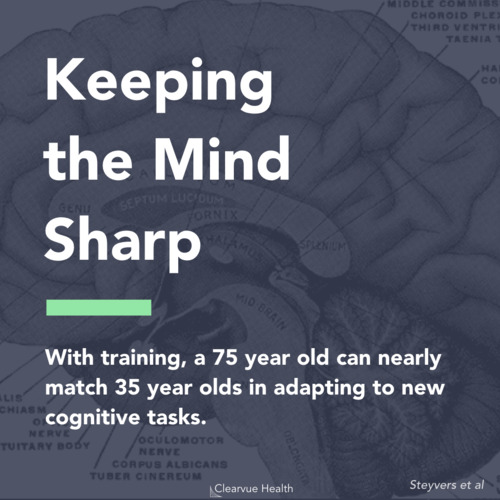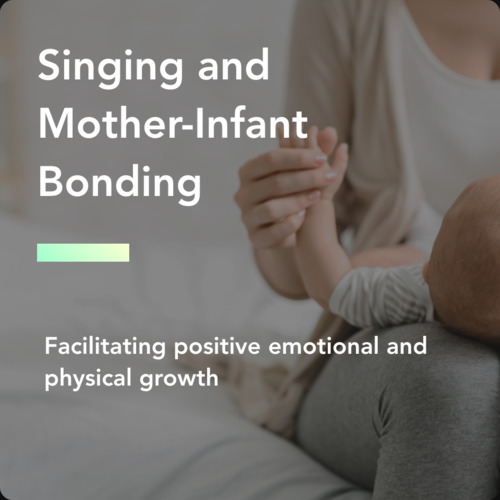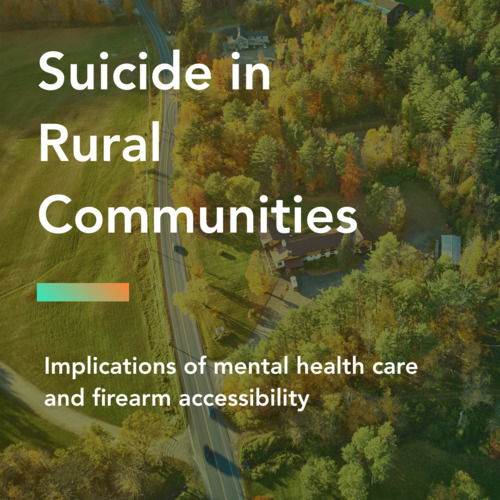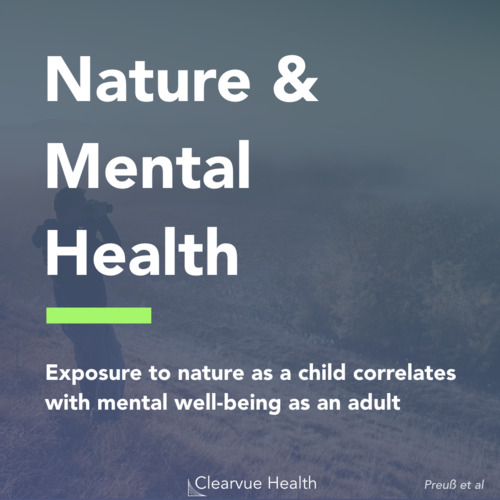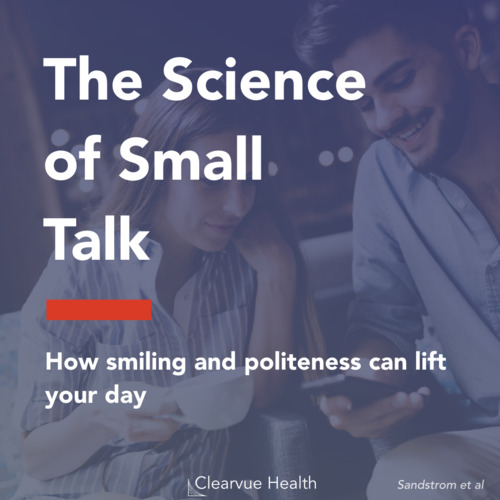The Data that Started The Idea

Figure 1: Classical Music vs Intelligence. Data from the US General Social Survey from 1993 shows a strong correlation between classical music preference and intelligence. Individuals who liked classical music the most had a significantly higher IQ than those who did not like classical music. Actual categories were "Dislike very much," "Dislike," "Mixed Feelings," "Like," and "Like Very Much." Error bars represent the standard error for each category.
Listening to classical music sounds smart and feels smart. The melodies and rhythms are often more complex. Classical music also feels very highbrow and fancy. You certainly won’t find it your local dive bar.
But does listening to it and enjoying it mean that you’re smart? Do you need to be able to recognize a Symphony from a Fugue to be truly intelligent?
Some prominent publications have stated this as fact:
IQ and Musical Taste
This Is Why Classical Music Lovers Are Smarter
In an analysis of the US General Social Survey, researchers did find a correlation between IQ and classical music.
The more you liked classical music, the higher your IQ was likely to be.
+
Sample Size - This study had a very large sample size across the United States and Britain.
-
Confounding and Bias Potential - This study had significant potential for bias. Classical Music and Intelligence have multiple known confounding variable such as income and social class.
-
Conclusions do not match the evidence - The evidence did not show a significant link between classical music and intelligence after multivariable adjustment. Therefore, any discussion of why intelligent individuals like classical music is only speculation and not scientific.
IQ & Music Preferences

Figure 2: Classical Music vs Rap Music and IQ. Data from the US General Social Survey from 1993 shows a strong correlation between classical music preference and IQ, as well as a strong inverse correlation between rap music preference and IQ. However, this is prior to adjusting for potential confounding variables.
In one of the most highly cited papers on this topic titled "Why More Intelligent Individuals Like Classical Music," researchers write about their theory that classical music has intrinsic properties that make it more likable for intelligent individuals. Essentially, they claim that IQ makes someone more likely to appreciate classical music. They called it the Savanna-IQ Hypothesis.
When we quantify the correlations between music genre preferences and intelligence, we can see the often told story that classical music correlates with intelligence and rap music negatively correlates with intelligence.
Why More Intelligent Individuals Like Classical Music
IQ & Music Preferences

Figure 3: Classical Music vs Rap Music and IQ. Data from the US General Social Survey from 1993 shows no significant correlations between classical music and intelligence after adjusting for age, race, sex, education, family income, religion, marriage status, and children.
However, this relationship is only found before correcting for other variables. This correction is important as it allows us to see whether classical music is the variable that’s driving the correlations or whether there are other variables correlated to both music taste and intelligence.
After correction, we can see that the correlation between classical music and intelligence disappears. Likewisem the negative correlation between rap music and intelligence also disappears. Any correlations between music and intelligence are probably at least partly due to other variables, for example education or income.
This means that even in the most highly cited study on this topic, the one that really started this whole idea in a way, the link really isn’t there.
Instead, what we see is that classical music may just be a proxy for social class and education. Highly educated people may be more likely to listen to classical music, but obviously listening to different types of music is not a shortcut to a college education.
Music Preference vs Academic Achievement in Britain

Figure 4: Music Preference vs Academic Achievement.
Interestingly, one of the strongest correlations to music taste is academic performance. Those who preferred instrumental music performed significantly better in school. However, this was not adjusted to the same degree as the American study data and should be interpreted with caution.
Key takeaways
The biggest takeaway from this research is that you should listen to whatever the heck you want. If someone wants to disparage your music tastes, don’t listen to them.
People who are more educated may be more likely to listen to classical music or jazz, but listening to classical music doesn’t make you more educated.
It also shows the importance of looking at exactly what the data tells you. In this case, we can see that the evidence just simply isn’t there to support a direct link between classical music and intelligence.
Limitations of Self-Reported Data
Much of the data here is self-reported, which has several limitations and sources of bias. Self-reported data, which is obtained through surveys and questionnaires, is the most feasible way of collecting data from large subsets of the population. However, the data may suffer from recall bias, where respondents may forget certain details or may not accurately remember details. They may also suffer from social desirability bias, where respondents may be reluctant to admit to socially undesirable behaviors, even if the survey is anonymous.
Correlation does not imply causation
Of note, this study only looked at correlations, which do not imply caution. While causal relationships are correlated, correlated events are not necessarily causal. One common example is the link between churches and crime. The number of churches in a square mile is significantly correlated with crime. However, this is not evidence that churches cause crime. Rather, it reflects that fact areas with many churches have higher populations.






